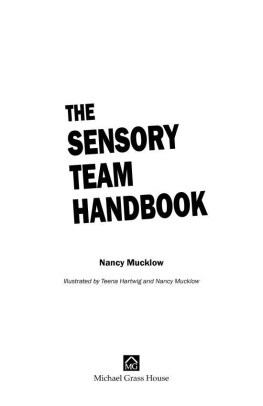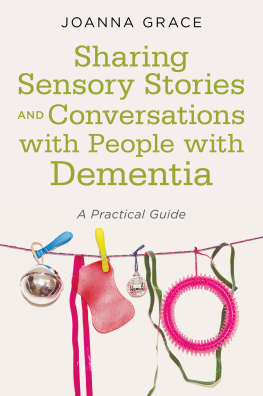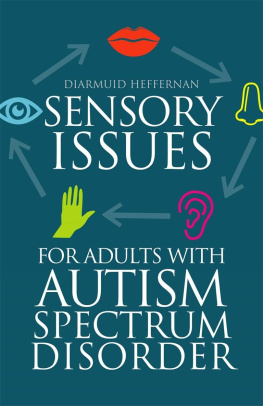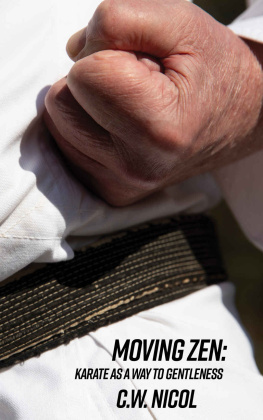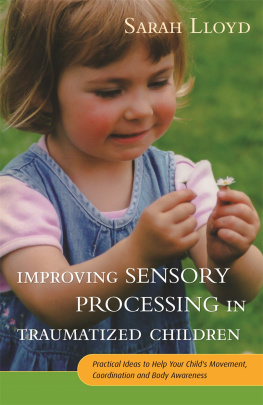POWER OF GENTLENESS
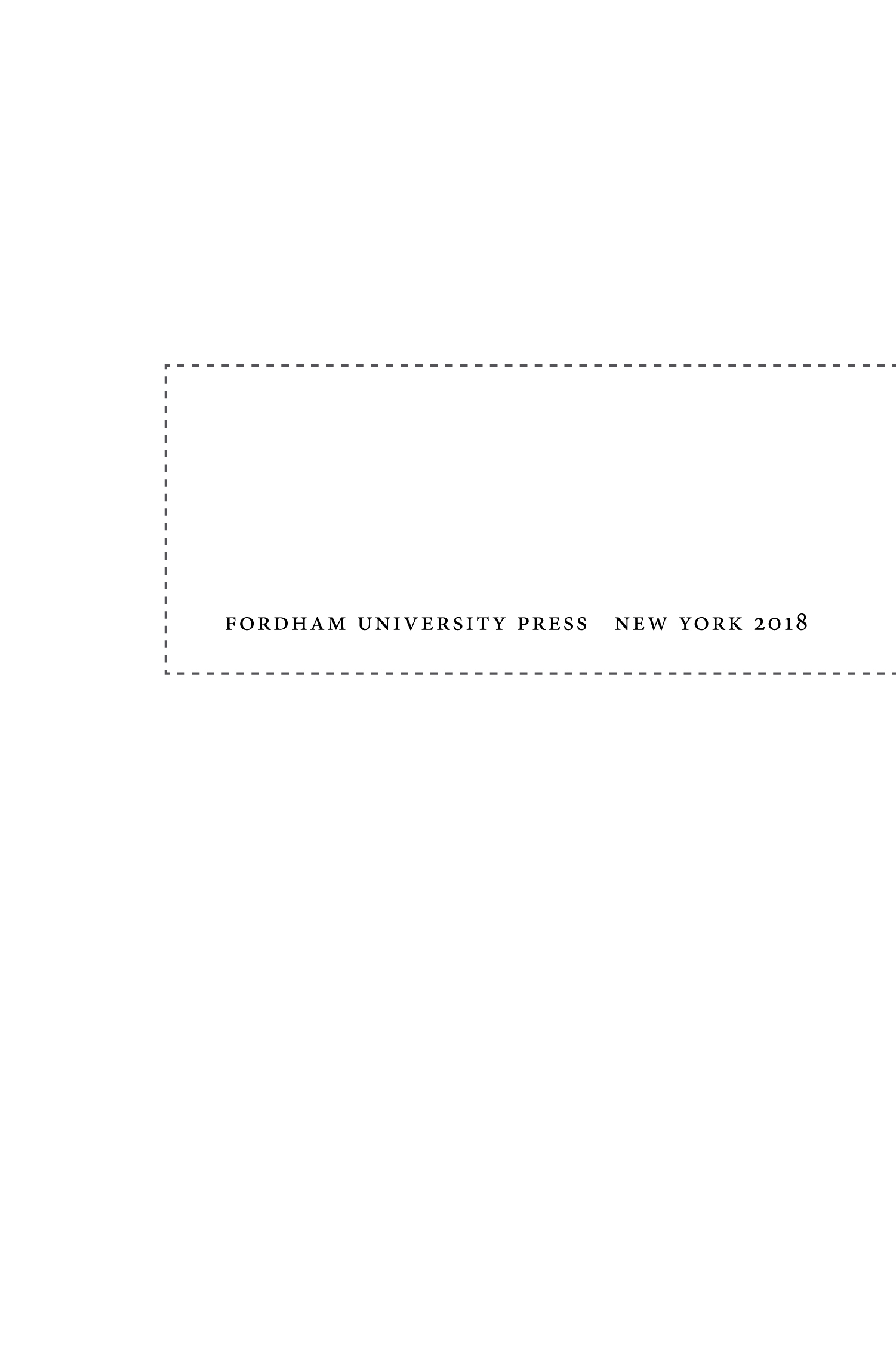
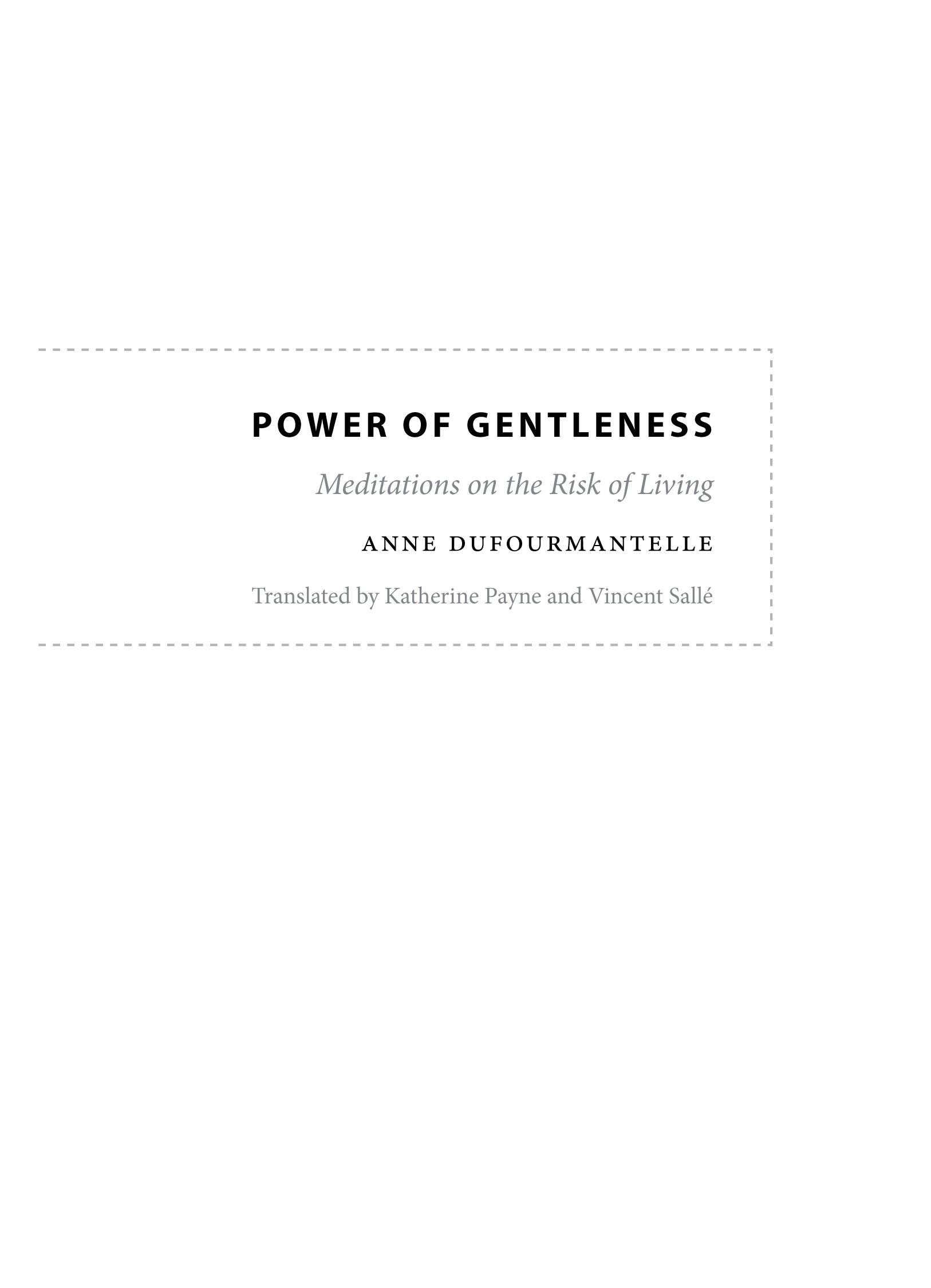
Copyright 2018 Fordham University Press
All rights reserved. No part of this publication may be reproduced, stored in a retrieval system, or transmitted in any form or by any meanselectronic, mechanical, photocopy, recording, or any otherexcept for brief quotations in printed reviews, without the prior permission of the publisher.
This book was originally published in French as Anne Dufourmantelle, Puissance de la douceur , Copyright ditions Payot & Rivages, 2013.
This work received the French Voices Award for excellence in publication and translation. French Voices is a program created and funded by the French Embassy in the United States and FACE (French American Cultural Exchange). French Voices logo designed by Serge Bloch.
Fordham University Press has no responsibility for the persistence or accuracy of URLs for external or third-party Internet websites referred to in this publication and does not guarantee that any content on such websites is, or will remain, accurate or appropriate.
Fordham University Press also publishes its books in a variety of electronic formats. Some content that appears in print may not be available in electronic books.
Visit us online at www.fordhampress.com.
Library of Congress Control Number: 2017962402
online at https://catalog.loc.gov.
Printed in the United States of America
20 19 18 5 4 3 2 1
First edition
for Maud
CONTENTS
Catherine Malabou
CATHERINE MALABOU
It is very rare for a book of philosophy to take the form of the subject matter of which it speaks: becoming substance when it addresses matter, geometry when it addresses surface, or even becoming impatient when it addresses time. Power of Gentleness achieves this incredible feat of being a gentle book. Of being a book about gentleness written by gentleness itselfa book where gentleness is simultaneously subject and object.
Gentleness had to be allowed to find its own voice, invent it, since, as Anne Dufourmantelle explains with great clarity, gentleness is never given. Which primarily means that it does not exist as philosophical concept. There is no technical definition of it. What is gentleness? No thinker has ever considered the question thematically. Here gentleness must therefore present itself. But since rigid conceptual determination does not suit it, gentleness appears gradually through a series of tableaux that shape it. We are indeed amazed to discover a painterly writing. We witness in effect, marveling, in a writing that is painterly. Gardens, animals, a little girl playing with nativity figurines, apricot-colored cardigan, wings of butterflies coiled within their cocoon. Ordinarily an artist draws before painting; this time it is the drawing that emerges from the painting. Throughout the journey, little by little, gentleness takes shape, it exists, it becomes thinkable at last.
To say that gentleness is not given also means that it is cultivated, that it is not natural, even though nature can be gentle. That it is a virtue. And one might even say that once the reading journey is completed, gentleness appears as the very foundation of ethics, which is why to attack gentleness is an unspeakable crime.
What then is gentleness about and what does it tell us? The title says it all! The tableaux-chapters reveal that in reality gentleness, though not a concept, though not a force, is nonetheless a powerful notion.
It has several names and several characteristics in all languages and all cultures. In Latin dulcis signifies all possible gentlenesses, and suavitas describes God himself. In Greek, one finds the words proates and pras , which the Vulgate translates as mites , poor and meek: Blessed are the meek, for they shall inherit the earth, as one reads in the Beatitudes. In Hebrew gentleness is expressed as: navah and denotes one who is humble, low. We continue this journey with the Vedas through Gandhis nonviolent resistanceone of the books most beautiful tableaux, where one sees the Mahatma in dialogue with his three great interlocutors, Tolstoy, Ruskin, and Thoreau.
The light shared by all these tableaux and all these contexts is that of the sacred; I do not mean of the religious. Gentleness is an attribute of God before being a human value, but it can be learned, gained, and not venerated like a far-off divinity. Against this light, with a richness and an unexpected profusionwho would have been able to believe that gentleness was so fecundof multiple political and moral motifs: justice, forgiveness, peace, generosity, listening.
But early on the question of the opposite of gentleness also arises. What is it? The answer is clear: violence, war, crime, massacre, genocide. But one of the most surprising points of the book is the argument that the true enemy of gentleness is gentleness. Fake gentleness, mawkishness, this passivity sold to us via every New Age commercial technique, of relaxation or of an overused meaning of zen. This gentleness that one does not feel and that is another name for an indifference to authentic gentleness. Gentleness sells. It is set before us in all its forms, everywhere, constantly. It is an economic argument paid to the account of whatever has nothing to do with it. Or later:
Gentleness is also divided in two by bodies of socioeconomic control. On the carnal side, it is bastardized into silliness. On the spiritual side, into new age potion and other methods competing to make us believe that it is enough to believe in them in order for everything to work. Theories of self-improvement and pursuit of happiness participate in spite of themselves in this grand marketplace of well-being that refuses to enter into negativity and confusion and fear as essential human elements, paralyzing the future as well as the present.
Such an insightful analysis!
But does this mean that true gentleness contains an element of negativity? It does, indeed, and therein lies the crux of the problem: gentleness has its own dialectic. Not the dialectic that crushes, but the dialectic that plays all the nuances of the gentle against each other, nuances that can fade all the way to black. For if caress, erotic games, childrens bodies, fur, cats bellies are soft and gentle, the renunciation of the dying person who lets go is also gentle. There is gentleness in the farewell to life, in the disconnection, the illusion of total disconnection, in abandonment, in bereavement, in renunciation.
One would like to be able to present here all the artistic references that support the philosophical pictoriality. Literature, Tolstoy, Melville, Hugo (a wonderful reading of The Man Who Laughs ), cinema ( Dolce Vita ), painting itself (Rembrandt, Giotto). Each tableau is a surprise and a celebration, of the mind and the senses (as if our senses were raw).
What then do we know at the end of this inexhaustible journey about what gentleness is for this was the question. Well, gentleness is not exactly kindness, its not exactly the good, its not exactly generosity, its not exactly the taste of sugar (sweet), its not exactly the quality of velvet, its not exactly a low-intensity sound (quiet music, soft pedal), its not exactly the clandestine (leaving on the sly). It is all of this simultaneously without being any one of these elements more than the other.
This notional shimmering is equal to its ambition. Power of Gentleness is an important text that teaches us, comforts us, disturbs us, too, that in any case touches us, always, at every moment. From this book that is so devoted to fragility, the reader emergesand this is incontestablethat much stronger.
Next page


